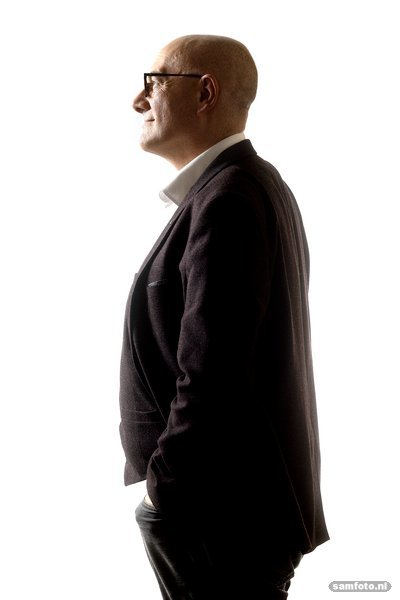Hotspot in the circular economy
Dr David Peck (Architecture and the Built Environment, Climate Design and Sustainability) anticipates that TU Delft and the Netherlands will play a pivotal role in the circular economy.
“Switching from a linear to a circular economy is not just a matter of recycling a bit more and using less energy. For everyone – companies, organisations, education, and society – it’s a completely different way of doing things. At the end of January, Stientje van Velthoven (State Secretary for Infrastructure and Water Management) and Eric Wiebes (State Secretary for Economic Affairs and Climate) presented the Raw Materials Agreement, which outlines the government’s ambition to switch to a completely circular economy by 2050. The transition agenda states that, by 2030, all new products and services must be based on circular design principles.
“I introduced the concept of the circular economy at TU Delft back in 2012. Now there are about 100 researchers at the university working on topics related to sustainability and circularity. By 2030 I hope it will be thousands. By then, there won’t be any need for degree programmes and research to focus on the linear economic model of production, usage and disposal. Fossil fuels will have disappeared from the agenda, and designing and manufacturing short-term solutions that are destroyed at the end of their services lives and processed as waste will be the new smoking. And this development will be driven by a lack of funding for such projects. At least, that’s what I hope. Twelve years ago, we also had big plans for the 2020 energy agenda, and not much has happened. I think there’s a good chance things will be different this time around. Mainly because the initiative is not only being driven by the European Commission and the Dutch government, which are showing leadership and support by making substantial amounts of funding available for research, but the banks and the business community are also getting behind the idea.
“The electrical appliances and electronics sector is the most vulnerable to a shortage of critical materials. But if we look at which sectors use electronics and electric motors, the scarcity of raw materials affects almost our entire economy. Especially future developments in the generation of sustainable energy, smart grids, electric transport and robotics all depend on those raw materials. At the moment, the business community still has its head in the sand about this and is underprepared for a shortage of critical materials. I think we will start to see a change, here. Companies aren’t stupid.
“Research in the field of circularity is incredibly multidisciplinary, even social and political sciences and geopolitics are involved. We need all those disciplines to tackle this difficult 21st-century problem. The circular economy also opens up many doors, and I think that the Netherlands and TU Delft can become hotspots of knowledge. We already have a lot of experience with sustainability, recycling, and building with nature, the initiative is supported by both the government and the European Commission, and a lot of partnerships have been set up with other universities and research centres in the Netherlands and abroad. There is absolutely no reason why the Netherlands cannot become a leader in circulatory.”
